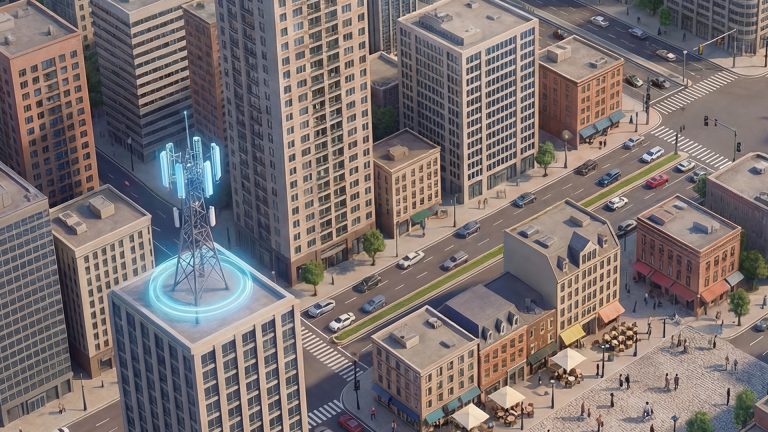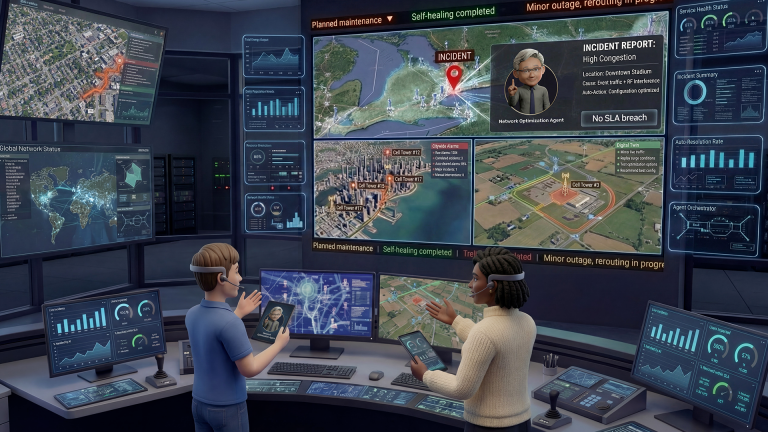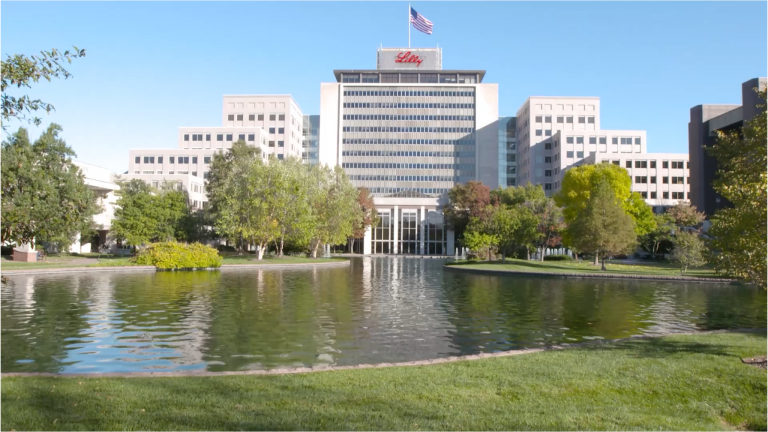The next technology revolution is here, and Japan is poised to be a major part of it.
At NVIDIA’s AI Summit Japan on Wednesday, NVIDIA founder and CEO Jensen Huang and SoftBank Chairman and CEO Masayoshi Son shared a sweeping vision for Japan’s role in the AI revolution.
Speaking in Tokyo, Huang underscored that AI infrastructure is essential to drive global transformation.
In his talk, he emphasized two types of AI: digital and physical. Digital is represented by AI agents, while physical AI is represented by robotics.
He said Japan is poised to create both types, leveraging its unique language, culture and data.
“Every industry, every company, every country must produce a new industrial revolution,” Huang said, pointing to AI as the catalyst for this shift.
Huang emphasized Japan’s unique position to lead in this AI-driven economy, praising the country’s history of innovation and engineering excellence as well as its technological and cultural panache.
“I can’t imagine a better country to lead the robotics AI revolution than Japan,” Huang said. “You have created some of the world’s best robots. These are the robots we grew up with, the robots we’ve loved our whole lives.”
Huang highlighted the potential of agentic AI—advanced digital agents capable of understanding, reasoning, planning, and taking action—to transform productivity across industries.
He noted that these agents can tackle complex, multi-step tasks, effectively doing “50% of the work for 100% of the people,” turbocharging human productivity.
By turning data into actionable insights, agentic AI offers companies powerful tools to enhance operations without replacing human roles.
SoftBank and NVIDIA to Build Japan’s Largest AI Supercomputer
Among the summit’s major announcements was NVIDIA’s collaboration with SoftBank to build Japan’s most powerful AI supercomputer.
NVIDIA CEO Jensen Huang showcases Blackwell, the company’s advanced AI supercomputing platform, at the AI Summit Japan in Tokyo.
Using the NVIDIA Blackwell platform, SoftBank’s DGX SuperPOD will deliver extensive computing power to drive sovereign AI initiatives, including large language models (LLMs) specifically designed for Japan.
“With your support, we are creating the largest AI data center here in Japan,” said Son, a visionary who, as Huang noted, has been a part of every major technology revolution of the past half-century.
“We should provide this platform to many of those researchers, the students, the startups, so that we can encourage … so that they have a better access [to] much more compute.”
Huang noted that the AI supercomputer project is just one part of the collaboration.
SoftBank also successfully piloted the world’s first combined AI and 5G network, known as AI-RAN (radio access network). The network enables AI and 5G workloads to run simultaneously, opening new revenue possibilities for telecom providers.
“Now with this intelligence network that we densely connect each other, [it will] become one big neural brain for the infrastructure intelligence to Japan,” Son said. “That will be amazing.”
Accelerated Computing and Japan’s AI Infrastructure
Huang emphasized the profound synergy between AI and robotics, highlighting how advancements in artificial intelligence have created new possibilities for robotics across industries.
He noted that as AI enables machines to learn, adapt and perform complex tasks autonomously, robotics is evolving beyond traditional programming.
Huang spoke to developers, researchers and AI industry leaders at this week’s NVIDIA AI Summit Japan.
“I hope that Japan will take advantage of the latest breakthroughs in artificial intelligence and combine that with your world-class expertise in mechatronics,” Huang said. “No country in the world has greater skills in mechatronics than Japan, and this is an extraordinary opportunity to seize.”
NVIDIA aims to develop a national AI infrastructure network through partnerships with Japanese cloud leaders such as GMO Internet Group and SAKURA internet.
Supported by the Japan Ministry of Economy, Trade and Industry, this infrastructure will support sectors like healthcare, automotive and robotics by providing advanced AI resources to companies and research institutions across Japan.
“This is the beginning of a new era… we can’t miss this time,” Huang added.
Read more about all of today’s announcements in the NVIDIA AI Summit Japan online press kit.











